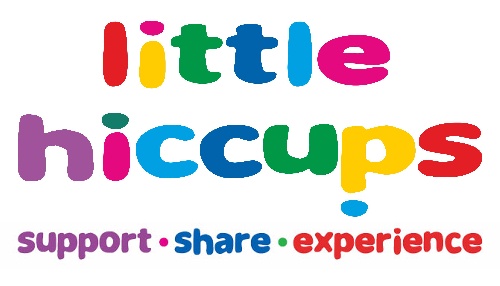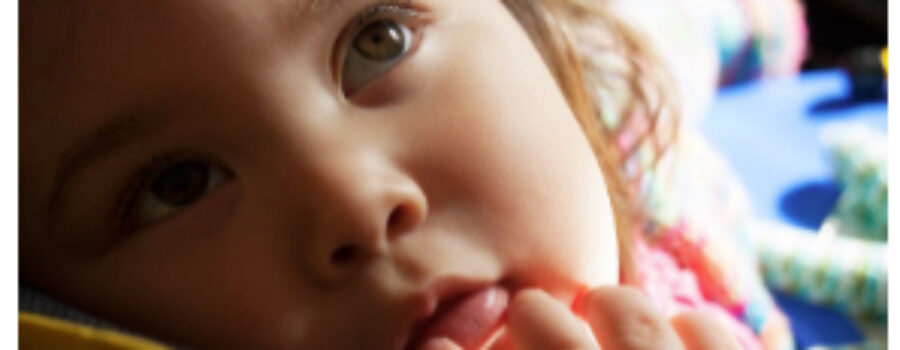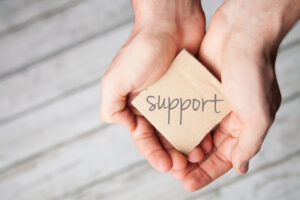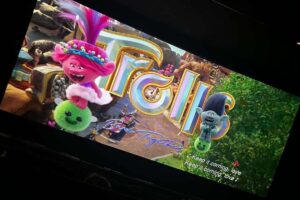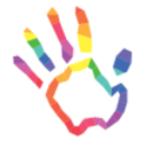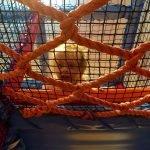Once there was a beautiful little girl who could neither walk nor talk. She couldn’t see, eat, sit up, roll over, or understand a word of any language. She was fed through a tube and propped up in a specialist chair. She was British, Mexican and Chinese, but had no concept of race, nation, gender, or even what a person was. In short, she was an odd creature.
The first three years of my daughter Sayuri’s life have been turbulent from the beginning. Born on a stormy night in a midwife’s centre in Mexico, she opened her blue-grey eyes for a few seconds before falling into a deep sleep, not to fully awaken until she was injected with glucose two days later and put on a drip. A year later, now in England, she was rushed to hospital in the midst of a seizure, where a CT scan revealed a huge cyst in her brain. Emergency surgery was followed by a week in intensive care, three months on the ward, a diagnosis of septo-optic-something-asia, and an ongoing prescription of various types of medication.
This wasn’t the tale I’d foreseen, but it was that which came to be. Add to the mix the fact that I’m a single mother, and it sounds like a tale of unremitting woe. A friend mentioned recently that when people ask after me it’s generally in tones of sorrow and pity. I’m not surprised. Here lies Junyi, who was once a carefree traveller and now she’s entombed in a lifetime of changing nappies, may her tortured soul find some respite. The irony is that I’m happier now than I was eight years ago when I was drinking whiskey and coke out of a bucket on a beach in Thailand. But who would believe me?
That same year, the year of the whiskey buckets, I found myself in the middle of nowhere meditating with a Buddhist monk. He read me a poem given to him by a Japanese girl, which began, ‘Pray for utter hopelessness…’ I wrote it down in a notebook I’ve since lost, and only the first line remains in my head. I’d been seduced by the poem, but also repelled by it. I mean, c’mon, really. Utter hopelessness? You want me to pray for that?!
Look closely at a barren landscape and you’ll probably find it teeming with hidden life. The place of utter hopelessness I entered with Sayuri was not a black hole, but a liminal zone in which old hopes had to die so that a new understanding might be born. Our society promotes the quick fix and endless seeking of pleasure, shunning the place of utter hopelessness. It hastily boards over this anomaly and pretends it doesn’t exist. Dare to enter, however, and you may undergo a powerful transformation.
I’d asked myself why a child so ill-equipped to survive should be in this world, what meaning there could be in her life. I’d blamed everyone I could think to blame, including myself. But meaning is not found in things themselves; it rises from the spaces in between, in the way things connect. We are not the independent individuals we like to think we are. Rather, as one translation of the African word ubuntu puts it, “I am what I am because of who we all are.”
After the gnashing of teeth and the railing against the heavens was over, what was right in front of me slowly came into focus. The wide eyes of a child in a perpetual state of innocence. The motivation and focus I’d previously lacked. The kindness of the many who have supported us. The tenderness with which she is held by certain people in whom this tenderness rarely otherwise surfaces. The young man marching down the street, eyes on the ground, who looked up for an instant and caught sight of Her chubby Majesty asleep in her wheelchair, then beamed suddenly and wholeheartedly at me.
There’s nothing to prove her existence isn’t as rich as my own. She laughs, and the sound rises from her belly and ripples out, till I’m laughing along with her at god knows what. She cries, and the piercing screams seem to surge from the depths of some tormented hell realm. I tune in to BBC World Service on the radio, and her face takes on an expression of total concentration. I hear accounts of war and genocide; I’ve no idea what she hears, but it’s clearly compelling.
We live side by side, she and I. We dance our own dances, different in flavour, but our steps intermingle as we breathe life and love into one another. As the New Year is ushered in, I crawl into her bed for the first cuddle of 2014. I take a deep breath, my face in her hair, and let out a sigh of gratitude. She’s stuck around for another year. She wriggles and kicks excitedly, showing no regard for my need to rest.
As I lift her out of bed and strap her into her chair, her eyelids become heavy and hooded. She realigns her head and body in the position most conducive for vertical unconsciousness. One arm lies outstretched across the tray, the morning sun caresses her cheek, and her mouth falls open in an upside down V shape. She sleeps, and dissolves the world.
Written by Junyi Chew
